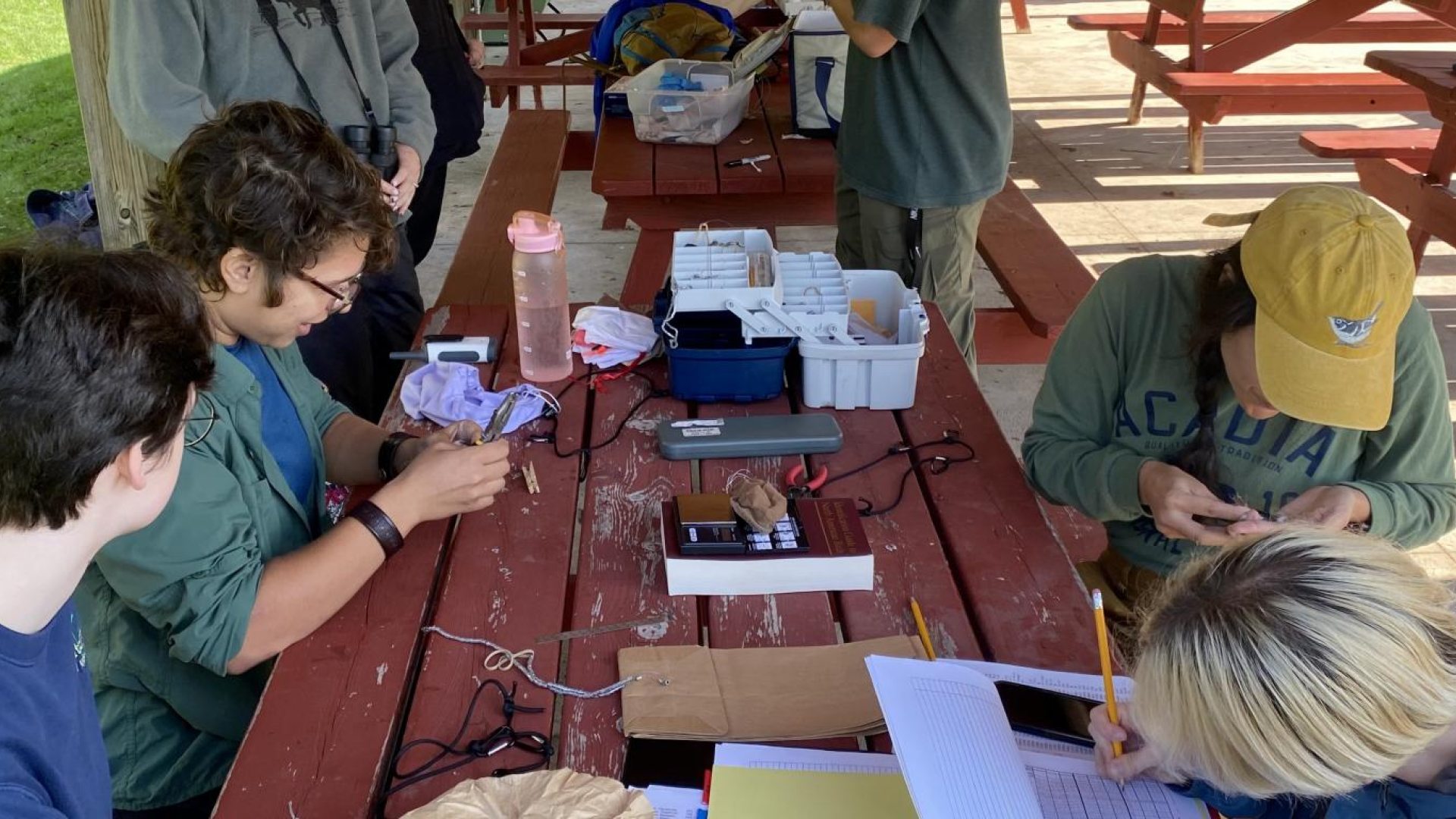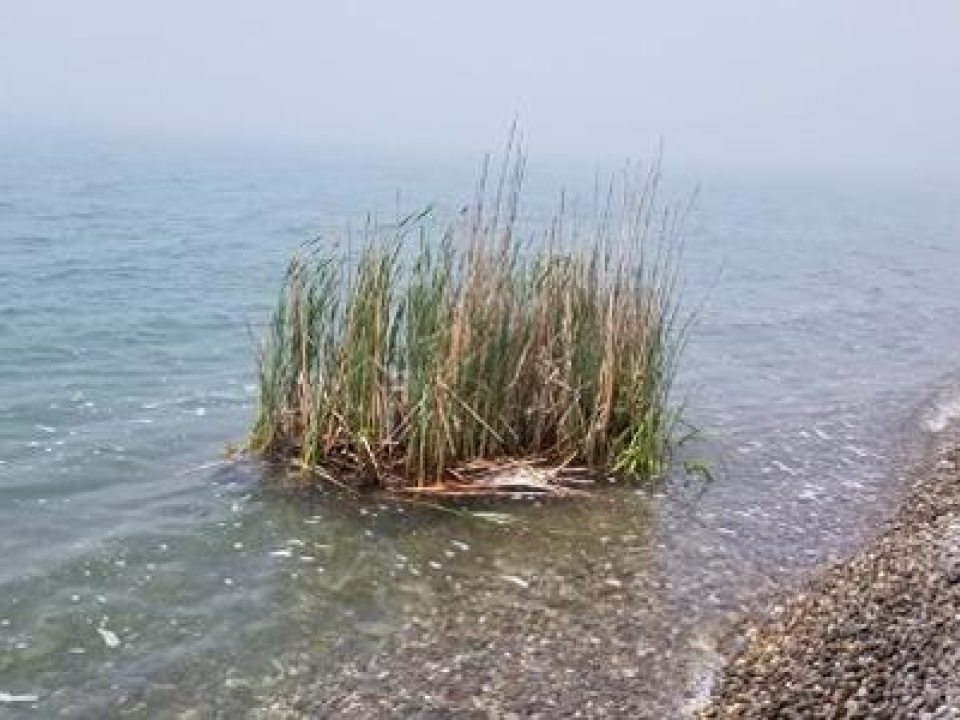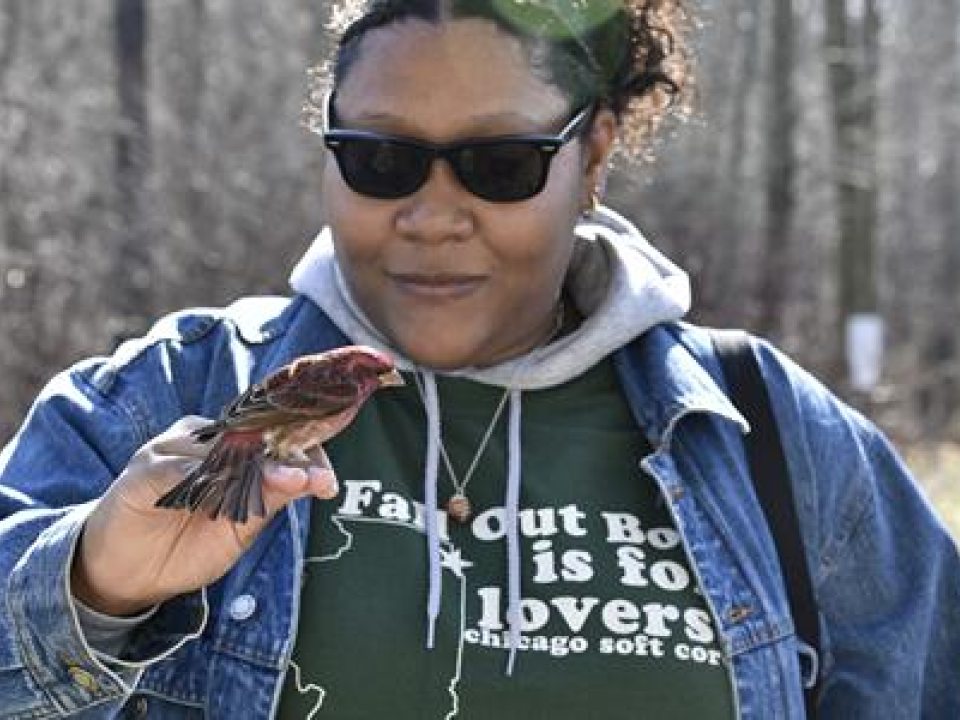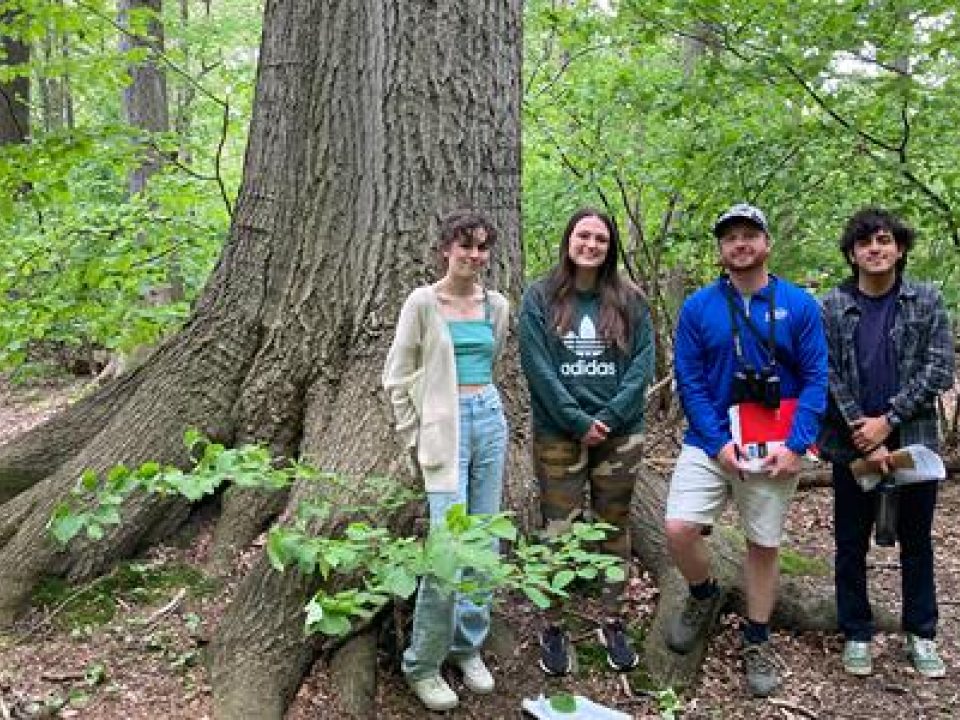This summer, spend 2-6 weeks immersing yourself in field learning, gaining valuable hands-on experience and skills, and making progress toward your Biology or Zoology major or minor.
Reasons to Enroll
- Earn up to 9 credits in just 6 weeks, leaving plenty of time for other summer opportunities, like work or travel
- Get out of the classroom and into the field with courses that emphasize experiential field-based learning
- Gain valuable skills in plant and animal identification, field survey techniques, and invasive species management — great preparation for a future career or graduate school
- Earn 6 of the required 9 botany credits to become a Certified Wildlife Biologist
Stack your Summer Session with additional online courses or an internship, and obtain a full course load that could allow you to graduate a semester early - Become eligible for financial aid by enrolling in at least 6 credits
- Enjoy small class sizes
- Skip the trip: the first RCFS Summer Session course begins right after finals week, so on-campus students can save the hassle of moving away and back to campus
- Experience one of Oswego's best times of year
Note: Please register for BIO 301 by searching for CRN 20317 in myOswego. Because this course bes outside the regular summer term, it is not browseable under summer 2024 courses.



